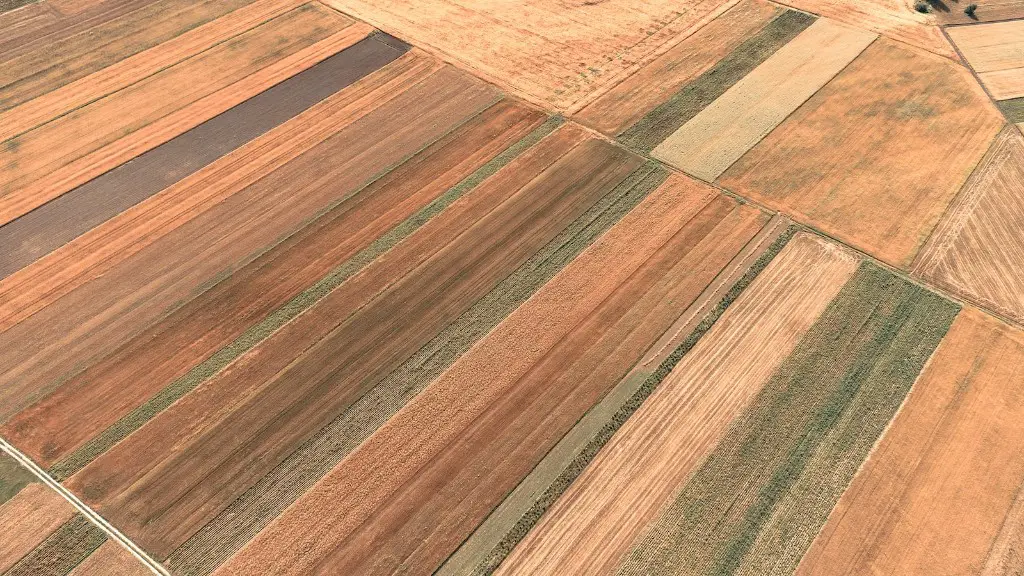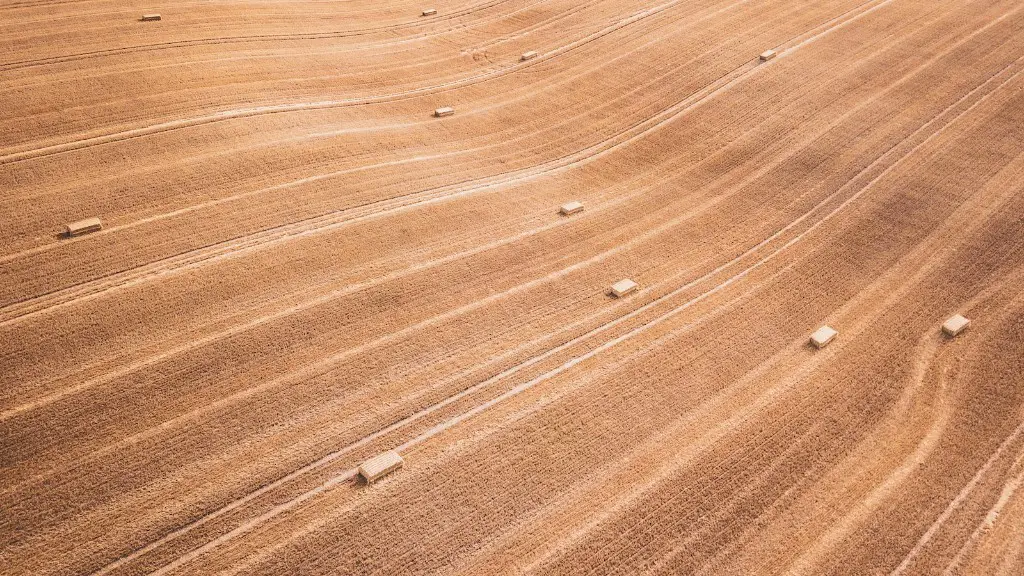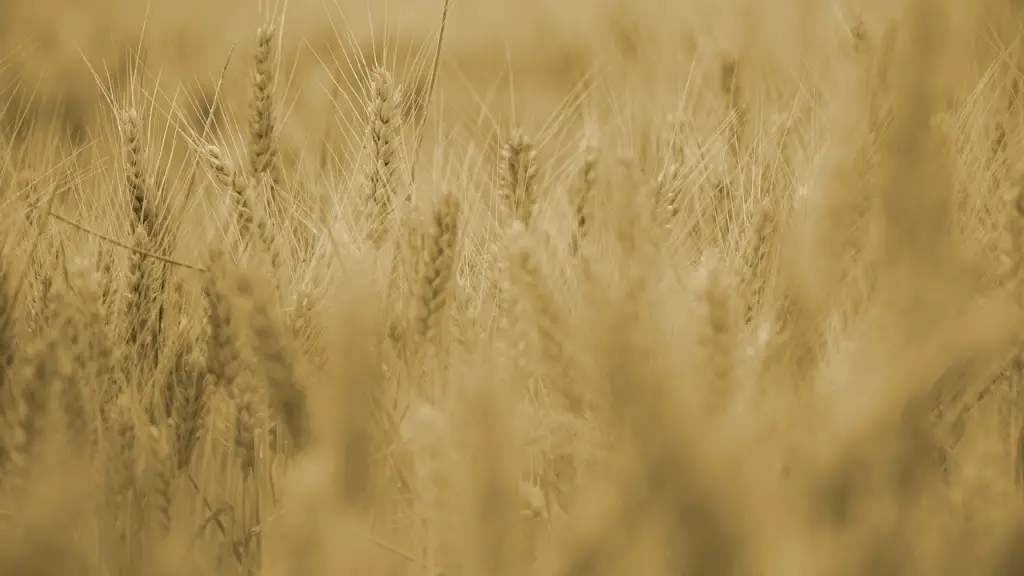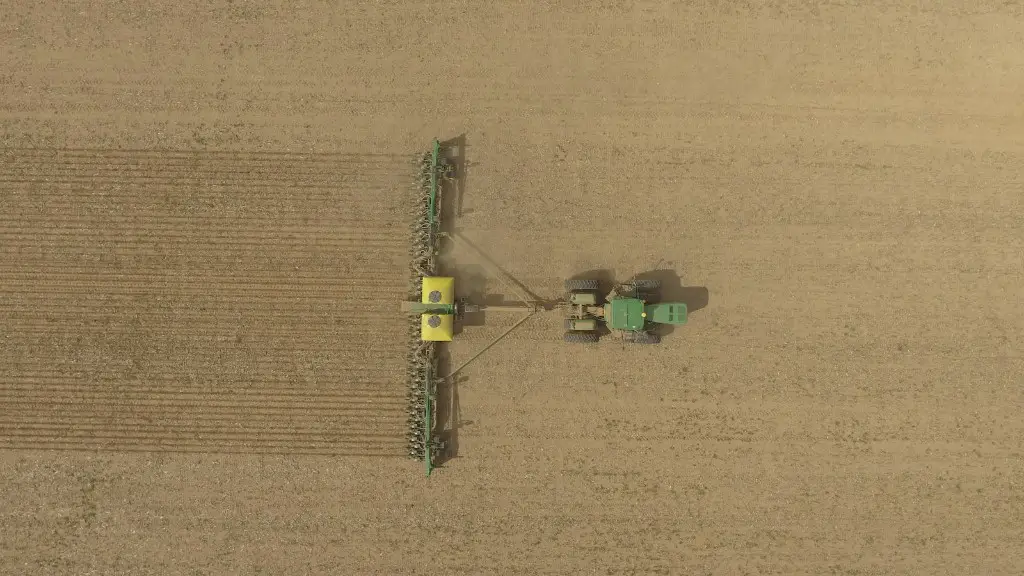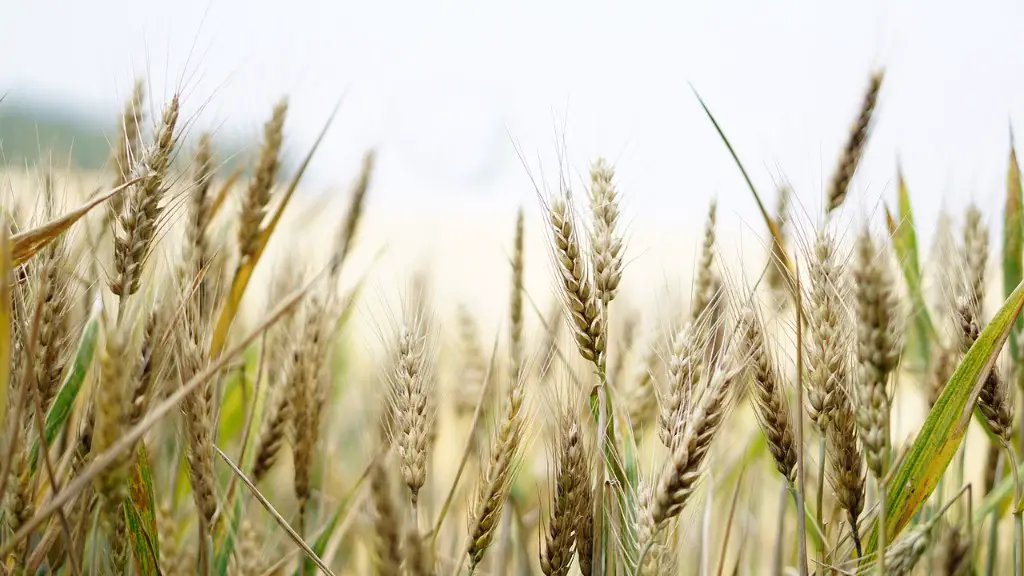agriculture is one of the most important aspects of human civilization. It is the process of growing crops and raising livestock for food, fiber, and other products.
Agriculture is important to everyday life because it is the primary source of food for most people. It is also a major source of income for many people, particularly in developing countries. Agriculture provides many other products that are essential to human life, such as clothing, fuel, and construction materials.
How is agriculture important to everyday life?
Agriculture plays a vital role in society and the economy. It provides food for people to eat, raw materials for products, and jobs for people to do. Agriculture also has a strong impact on the environment. It can help to conserve natural resources, improve soil and water quality, and provide habitat for wildlife.
Agriculture’s share of the overall US economy has been steadily declining over the past few decades. In 2021, agriculture, food, and related industries contributed roughly $1264 trillion to US gross domestic product (GDP), a 54-percent share. The output of America’s farms contributed $1647 billion of this sum—about 07 percent of US GDP. This is a significant decline from the 19 percent share of GDP that agriculture accounted for in 1900. The decline is due to a number of factors, including the mechanization of agriculture, the consolidation of farms, and the shift of the US economy towards services and manufacturing.
What are some examples of agriculture in everyday life
You probably don’t think about agriculture very often, but it affects your life in many ways. Here are seven ways agriculture affects your daily life:
1. Food: Agriculture is responsible for the food we eat. Every time you sit down to a meal, you’re eating something that was produced by farmers.
2. Fuel: Farmers produce the crops that are used to make biofuels. So, when you fill up your car with gasoline or diesel, you’re using a product that was partly produced by farmers.
3. Textiles: Cotton is a major crop in many countries, and it’s used to make a lot of our clothing. So, the next time you put on a pair of jeans or a cotton shirt, think of the farmers who helped produce that fabric.
4. Sleep: If you sleep on a mattress made of cotton, then you can thank farmers for that too. Cotton is used to make mattresses, sheets, and pillows.
5. Sports: Farmers produce the crops that are used to make sports equipment. So, the next time you play a game of soccer, baseball, or golf, think of the farmers who helped make your equipment.
6. The Economy: Agriculture
Farming teaches children of all ages life skills like raising food, working hard, communication, caring for others and much more. Farming is a great way for kids to learn about where their food comes from and how to care for animals. It is also a great way for them to get outside and get some exercise.
What are 3 importance of agriculture?
Agriculture is vital to the health of our environment. By increasing biodiversity, we can create a healthier soil, reduce erosion, improve water conservation, and promote the health of pollinators. These benefits will create a more sustainable and resilient environment that can better withstand the challenges of climate change.
Agriculture is the backbone of many economies, including that of India. It is the main source of livelihood for millions of farmers and their families across the country.
Agriculture plays a vital role in the country’s development and growth. It is a major contributor to the GDP, and employs a large percentage of the country’s workforce.
The sector is also a key driver of rural development, and is a major source of export earnings.
The importance of agriculture to the country cannot be understated. It is crucial for the economic and social development of India.
Why should we be thankful for agriculture?
Our farmers, ranchers and modern agricultural practices ensure a plentiful food supply. Science, biotechnology, conservation practices and other modern methods help us produce more food while using fewer resources. This abundance of food choices allows us to eat well and enjoy a variety of foods.
Each American farmer produces food and fiber for 165 people annually, both in the US and abroad. Eight percent of US farms market foods locally through farmers’ markets and food hubs. One day’s production for a high-producing dairy cow yields 105 pounds of cheese. Women make up 30 percent of today’s farmers.
What was the impact of agriculture on humans
Out of agriculture, cities and civilizations grew. Agriculture allowed for the domestication of plants and animals, which allowed for a continuous and reliable food supply. This, in turn, led to a rise in population. Today, the global population is over seven billion people. Agriculture has played a vital role in human history and continues to do so today.
If there are no farmers, the health ratio of people will decrease, and the chances of getting sick will increase. It affects the economy of every country. In this modern world, food is available by the grace of farmers. Farmers are always an essential part of our society and economy.
What would the world look like without agriculture?
The most likely answer is something between 2 million and 20 million, as without agriculture, we would be restricted to a semi-nomadic lifestyle. What is certain is that in such a world, with no domesticated livestock, there would be millions more elephants and hundreds of thousands more lions, tigers and whales.
Agriculture is the backbone of the developing economy in India. It can and must play an important role in pushing up the rate of capital formation. If it fails to do so, the whole process economic development will suffer a setback.
There are a number of reasons why agriculture is important for economic development. Agriculture is the primary source of livelihood for a large section of the population in India. It is also the largest sector in terms of employment.
Agriculture is the mainstay of the Indian economy. It contributes about 18% to the country’s GDP and employs around 54% of the workforce. India is an agrarian economy and the well-being of the farmer is crucial for the country’s growth and development.
Capital formation in agriculture is essential for a number of reasons. It leads to increased productivity and incomes for farmers, which in turn boosts rural demand and contributes to overall economic growth. Capital formation in agriculture also results in increased employment opportunities in the rural areas.
Investment in agriculture is essential for improving the productivity of the sector. The government has taken a number of steps in this direction, such as setting up agricultural universities and providing financial assistance to farmers. Private sector investment is also needed to supplement
What is agriculture in a sentence
The sentences provide an example of how land can be cleared for agricultural purposes. First, the forest was cut down, and then the land was given over to agriculture. This shows that land can be used for agricultural purposes even if it is not originally intended for that use.
Production of cow milk has been on the rise in recent years, with 37 countries now ranking it as their top agricultural product. This is likely due to the growing demand for dairy products, as well as the fact that cow milk is a nutritious and versatile food source. Wheat remains the top agricultural product in 14 countries, though its production has been stagnant in recent years. This is likely due to the fact that wheat is a key ingredient in many staple foods, such as bread and pasta. Corn is the most produced crop globally, with 11 billion tons produced each year. This is due to the fact that corn is a highly versatile crop that can be used for a variety of purposes, such as livestock feed, human food, and biofuel.
Why is agriculture important examples?
Agriculture is the world’s largest industry and employs more than one billion people. It generates over $13 trillion dollars worth of food annually. Pasture and cropland occupy around 50 percent of the Earth’s habitable land and provide habitat and food for a multitude of species.
Soil is one of the most important factors in agriculture. The soil needs to have depth and nutrients for agriculture to develop. The texture of the soil is important as it determines if the soil can hold water or not.
Warp Up
Agriculture affects our everyday lives in a variety of ways. The food we eat, the clothes we wear, and many of the objects we use every day come from plants and animals that are raised on farms. In addition, agricultural practices help to conserve our natural resources and provide renewable energy.
Agriculture is important to everyday life because it plays a vital role in maintaining the food supply for the population. Agriculture also provides other products and services that are necessary for the everyday functioning of society.
